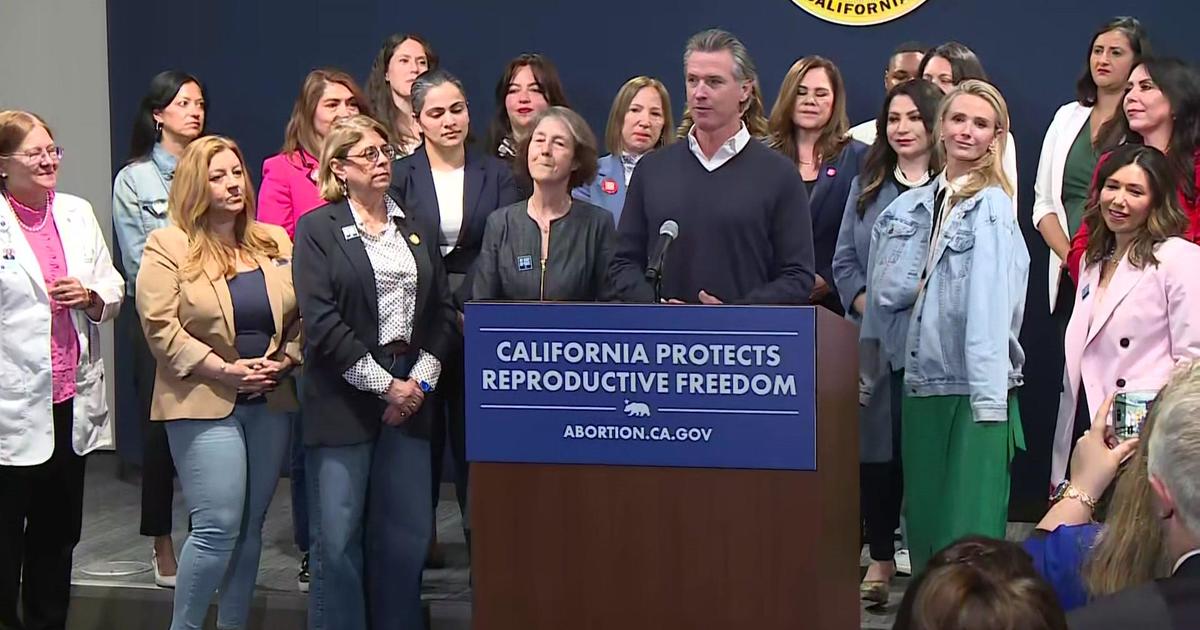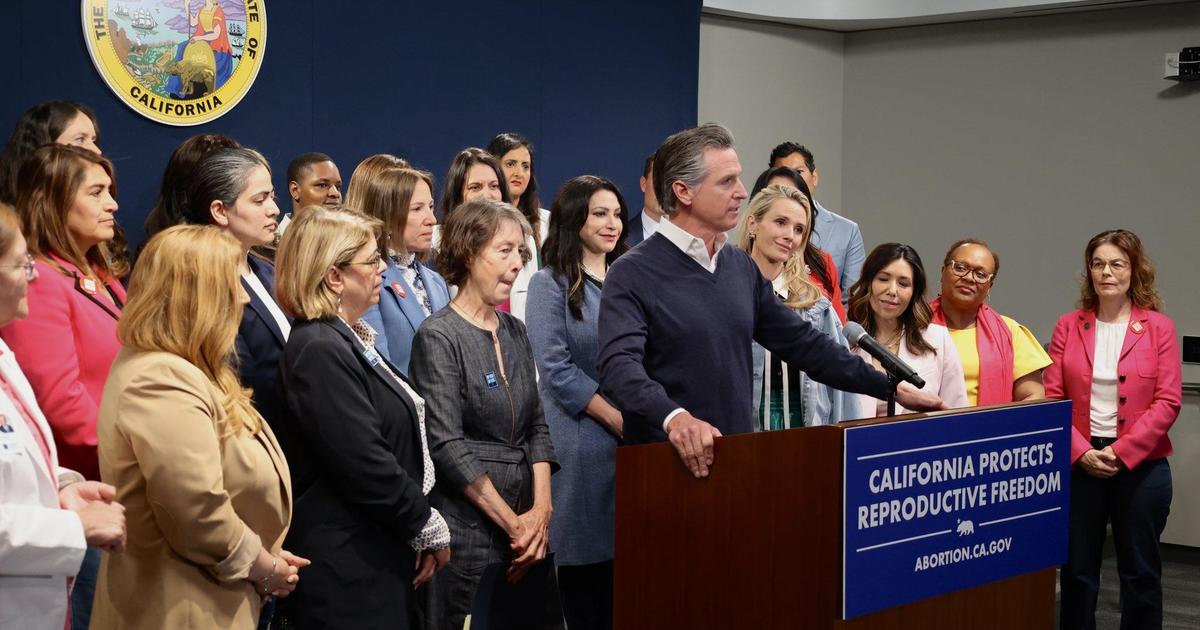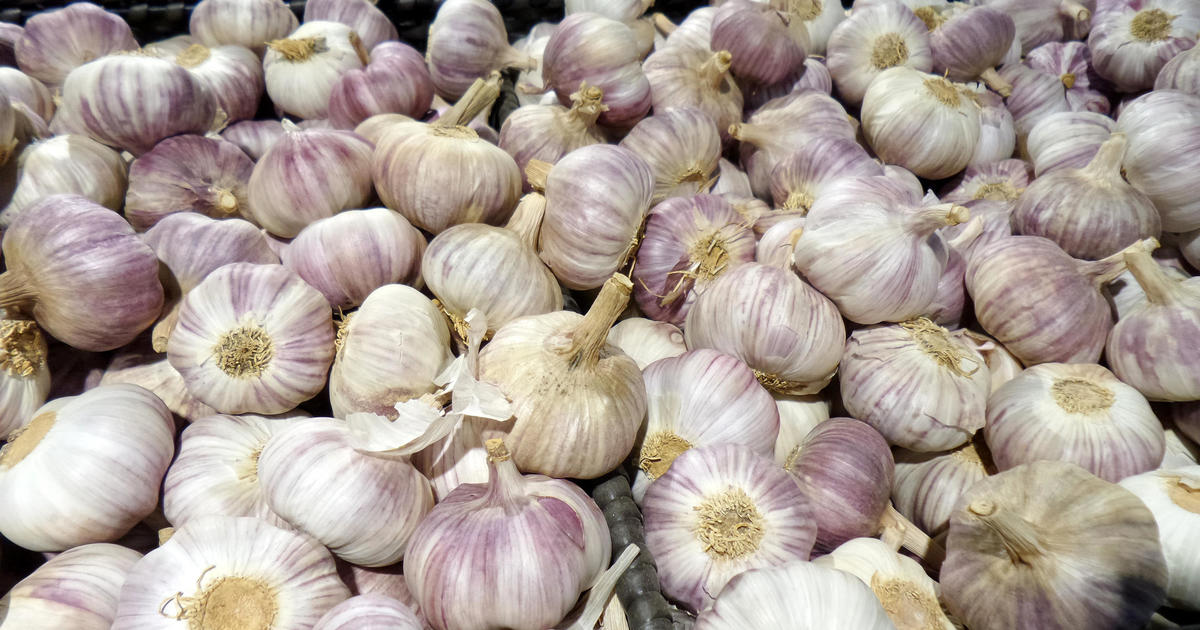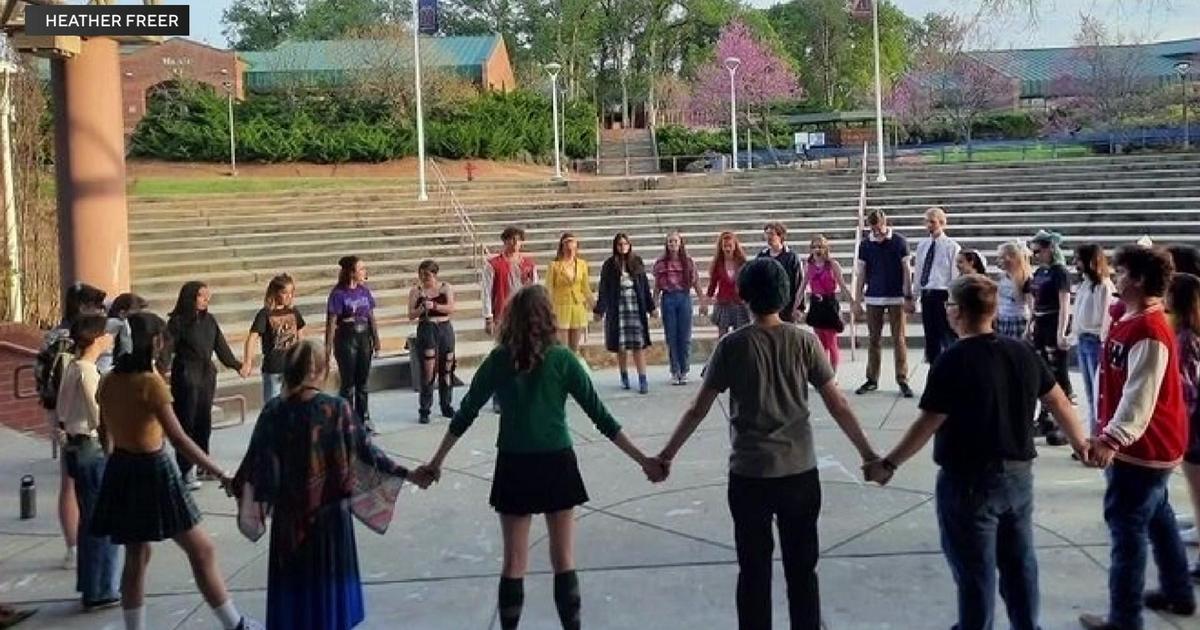Prop. 18: California Voters Deciding Whether To Let 17-Year-Olds Vote In Primaries
(CNN/CBS13) -- Californians will decide this week whether to pass Proposition 18, which would make it legal for 17-year-olds to vote in primary and special elections in the state if they'll turn 18 by the general election.
If passed, California would join 18 other states plus Washington, DC, that allow 17-year-olds to vote in primary elections, according to the National Conference of State Legislatures.
It's a move, supporters say, that could inspire first-time voters to participate in democracy for the rest of their lives.
Proposition 18 marks the sixth time state legislators have considered allowing minors to vote with conditions -- but 2020 is the first time it's made it to voters, according to CalMatters, a nonprofit and nonpartisan California news organization.
California Assemblyman Kevin Mullin introduced the legislation in June. On the assembly floor then, he said that engaging young people in the electoral process should be a high priority to combat low voter turnout. (In the 2016 primary, 17.1% of eligible 18- to 24-year-olds voted, according to the California Civic Engagement Project.)
"First-time voters should have the opportunity to participate in a full election cycle -- primary and general," he said. "In other words, if you are allowed to vote in the general, you should be allowed to help shape the choices in the primary election."
Opponents say 17-year-olds aren't mature enough to vote
Opponents of the measure, including the Election Integrity Project of California, a nonpartisan coalition of volunteers, say that minors have "no real-world experience," and their decisions could be influenced by their teachers or families.
"Voting is a serious responsibility," opponents of Proposition 18 wrote against it, according to California's voter information guide. "Important decisions must be made by voters who are legally adults, not by high school minors."
Supporters of the proposition, including the California Democratic Party and the California League of Conservation Voters, use a familiar argument: Because 17-year-olds can work, pay taxes and enlist in the military (with parental consent), they should be able to participate in politics at that age, too.
Giving the right to vote to people one year earlier could improve voter turnout in the future, supporters argue.
"We have a civic engagement problem, and we need to establish a culture of voting for future generations sooner rather than later," they wrote in a rebuttal to Proposition 18's opponents.
What would happen if it's passed
If passed in November, the impact of Proposition 18 is likely minimal, if past trends of youth voter turnout at primary elections are any indication, according to the Public Policy Institute of California (PPIC), a nonpartisan policy think tank.
About 200,000 people in 2016 and 2018 would've been affected by the law if it had been implemented in the past two election cycles. In the past two elections, though, those who turned 18 before the primary often didn't participate until the primary was over, according to PPIC. Only about half of them registered in time for the primary and less than half of those who registered to vote actually voted in the primary.
Young voters are significantly underrepresented in primary elections, according to the California Civic Engagement Project (CCEP). But young voters impacted by Proposition 18 could change the makeup of California voters. The would-be young voters in 2016 and 2018 were more likely to be Latino than older voters, and they were also more likely to register as independents compared to older voters, PPIC reported.
The-CNN-Wire
™ & © 2020 Cable News Network, Inc., a WarnerMedia Company. All rights reserved.



